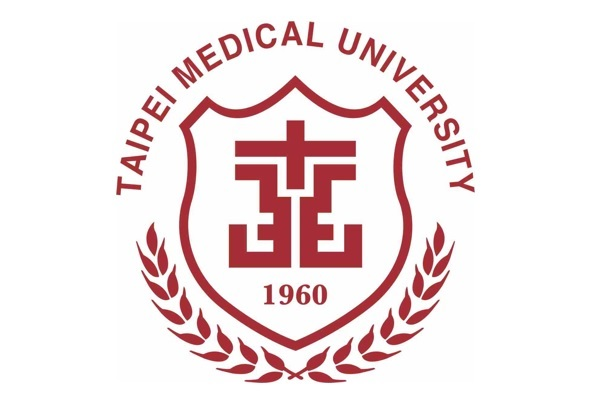HuangFu Lab: Drug Discovery for Cancers and Beyond
Research Field
Dr. Wei-Chun HuangFu received her BSc from National Tsing-Hua University, her MSc from Duke University, and her PhD from North Carolina State University. She completed her postdoctoral training at the University of Pennsylvania, USA. She is currently an Associate Professor at the Graduate Institute of Cancer Biology and Drug Discovery and the Vice Dean for International Affairs of the College of Medical Science and Technology (CoMST) at Taipei Medical University, Taiwan. She is dedicated to drug discovery, drug pharmacology, and efficacy evaluation, as well as investigating their mechanism of action.
Academic Experience
Associate Professor, Graduate Institute of Cancer Molecular Biology and Drug Discovery, College of Medical Science and Technology, Taipei Medical University
Adjunct Associate Professor, Ph.D. Program in Drug Discovery and Development Industry, College of Pharmacy, Taipei Medical University
2013-2019 Assistant Professor, Graduate Institute of Cancer Molecular Biology and Drug Discovery, College of Medical Science and Technology, Taipei Medical University
2007-2010 Postdoctoral Research Fellow, University of Pennsylvania, Philadelphia, PA, USA
Administrative Experience
2023- present Vice Dean for International Affairs, College of Medical Science and Technology, Taipei Medical University
2019-2020 Chief of International Research, Office of Global Engagement, Taipei Medical University
Drug Discovery for Cancers and Beyond
We focus on developing novel small-molecule drugs for rare diseases and unmet clinical needs. We utilize an AI-assisted drug discovery platform to design and synthesize novel small molecules targeting specific disease targets including cancer and neurodegenerative diseases. This AI platform accelerates the drug discovery process, allowing us to quickly select drug candidates for development and provide help to those in need. My main responsibilities include drug pharmacology and efficacy evaluation and assisting in preclinical toxicology experiments.
Drug development for Cancer: We identify novel cancer targets and use an AI-assisted drug discovery platform to design and synthesize novel small molecules for these specific disease targets, especially for cancer types without effective treatment. Currently, we are examining the in vitro biological effect of novel DYRK1B inhibitors for pancreatic cancer treatment.
Drug development for Neurodegenerative disease: Alzheimer's disease is a neurodegenerative disorder characterized by a gradual and irreversible process of cognitive decline. It is prevalent among elderly adult patients. Unfortunately, there is no effective cure for AD except for a few drugs to alleviate the symptoms. We are investigating therapeutic methods for Alzheimer's disease and developing DYRK1A-specific inhibitors. We also use in vitro pharmacology to delineate these potential inhibitors' molecular mechanisms.
2023 Taipei Biotech Awards
2022 National Innovation Award
2021 Selected for 1st batch UC Berkeley -Taiwan Health Innovation Accelerator
2021 Future Tech Award
2020 National Innovation Award
2020 SmartLabs Innovation Challenge: Selected for the first training startup team
2019 NBRP Biomed Startup Challenge: Selected as one of the eight innovation teams by The International Biomedical Accelerator Training Program
2019 Berkeley Skydeck Innovation Challenge: Selected by the University of Berkeley Skydeck Accelerator Training Program
2019 RESI Conference 2nd Winner Award
2002-2007 Ph.D., Molecular and Cellular Toxicology, North Carolina State University, USA
2000-2002 M.E.M, Ecotoxicology, Nicholas School of the Environment and Earth Sciences, Duke University, USA
1995-1998 B.S., Atomic Science, National Tsing-Hua University, Taiwan
